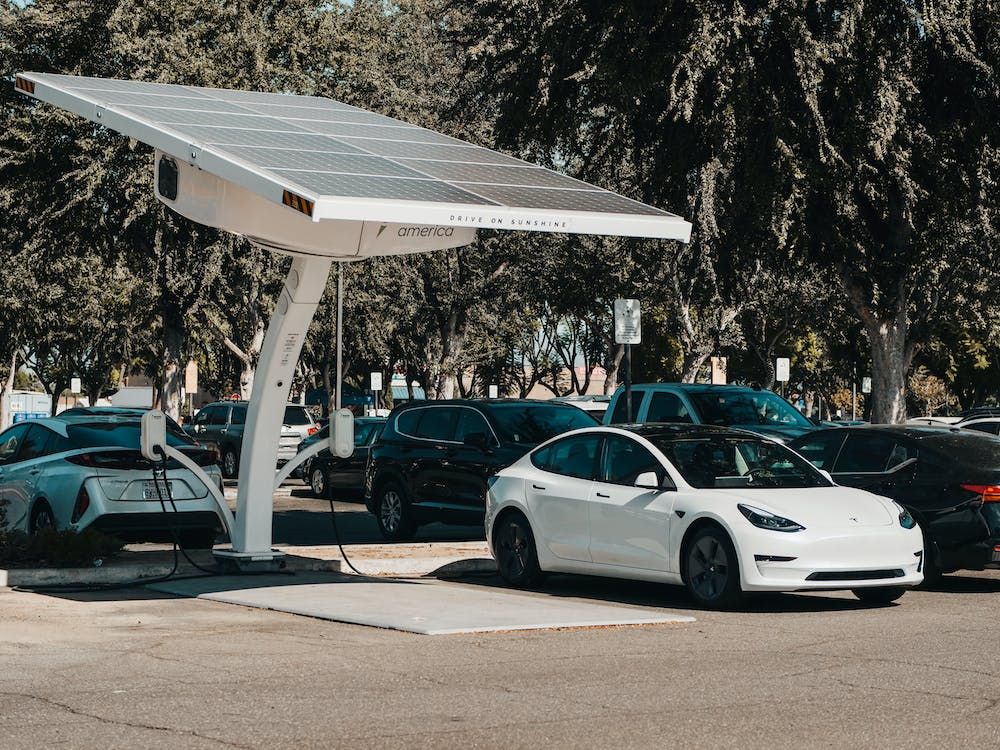
What it Costs to Charge an Electric Car
Understanding the Costs of Electric Vehicle Charging in Australia
Electric vehicles (EVs) are transforming the way we think about transportation, especially considering the cost efficiency and environmental benefits they offer over internal combustion engines. A crucial aspect of owning an EV is understanding the cost of charging it, and this is something that often gives potential owners pause. Factors such as EV battery size, charging speed, and electricity rates all influence the expense of charging an electric vehicle and need to be considered carefully before committing to a purchase.
In this article, we'll explore the main factors that impact the cost of charging an electric vehicle to give you an idea of what to expect if you're looking to join the ranks of electric car owners.
Varied Charging Costs Between Electric Cars
The cost of charging an electric car in Australia can differ significantly. This is attributed to the varying sizes of EV batteries and the differing rates of charge offered by public charging sites. Additionally, home electricity costs fluctuate depending on the time of day.
Despite this, charging costs are generally consistent across networks of public electric car chargers, with the primary variation in price being due to the charging speed that a station provides. Another factor is the EV's maximum charging speed and its current battery charge level, as charging rates decrease when the battery is near full to protect it.
Additional Fees and Free Charging Options
Some charging stations may apply extra fees, such as idle fees if cars are left in designated spaces after charging. However, numerous public electric car charging options are still free and accessible to EV drivers. For example, the NRMA network in New South Wales and Tesla’s Destination Chargers provide complimentary services, the latter offering up to 22kW of charging power.
Charging network Jolt offers the first 7kWh of charging free on its 25kW DC fast chargers. This equates to approximately 15-20 minutes of charging time or 45-50km of driving range. Nonetheless, rapid and ultra-rapid charging usually incurs a cost, and home charging will inevitably increase your electricity bills, unless your home is running completely off-grid.
Public vs. Home Charging
While public charging networks are essential to the widespread adoption of electric vehicles, the majority of EV charging occurs at home or work. Around 70% of electric car drivers have solar panels, allowing them to charge their vehicles for free during the day, or by drawing on stored power in a battery system. However, those electric car drivers that don't have the luxury of solar at home will often prefer to charge overnight during off-peak hours, when electricity prices are lower.
It is worth noting though that many people within Australia are on flat electricity tariffs rather than time-of-use tariffs, meaning there is no difference in cost, regardless of what time of day they decide to charge them. For those on time-of-use tariffs, charging rate during off-peak hours is cheaper. The list below shows estimates for flat-rate charging costs for a 60kWh electric car battery, with expenses varying across different states in Australia.
State-wide Average Electricity Expenses for At-Home Charging
-
ACT: 30.3270 c/kWh. Cost for 60 kWh - $18.20
-
NSW: 31.2363 c/kWh. Cost for 60 kWh - $18.74
-
QLD: 25.8170 c/kWh. Cost for 60 kWh - $15.49
-
SA: 40.1830 c/kWh. Cost for 60 kWh - $24.11
-
VIC: 24.4440 c/kWh. Cost for 60 kWh - $14.67
These expenses are based on flat regulated tariffs in each state, giving an idea of the expenses involved in home charging.
Public Charging Costs
The costs for electric public car charging stations in Australia vary depending provider and charger speed. Below are some examples of the costs charged by various major providers:
-
Chargefox: 0-30c/kWh for standard AC chargers, 40c/kWh for rapid DC chargers, 60c/kWh for ultra-rapid DC chargers.
-
Tesla: Free for Destination AC chargers, 63c/kWh for Superchargers.
-
Evie: 40c/kWh for fast DC charging, 60c/kWh for ultra-fast DC charging.
-
Jolt: Free for the first 7kWh, then 42c/kWh for fast DC chargers.
-
NRMA: Free for rapid DC chargers.
Start Your EV Journey with OnlyCars
As you can see, the costs associated with EV charging vary based on several factors, including the type of charger, the time of day, and the location. While many public charging options offer free or low-cost services, home charging remains the most common method in Australia, especially among EV owners who also have solar panels. Understanding these costs and options is essential for current and prospective EV drivers, ensuring an informed and economical approach to electric car usage.
If you're considering an electric car in Australia, it's time to start your journey with OnlyCars. Explore our range of cars for sale and find the perfect vehicle for your next upgrade!
Once you've found the right car, the next step is sorting out car finance that actually works for your budget. Credit One is Australia's best-reviewed finance broker, with 3,000+ five-star Google reviews from customers who've been through the process. Check out Credit One reviews to see what people say, or head straight to the loan repayment calculator to see what the numbers look like.